OFC is a commonly used abbreviation in digital communication that stands for “Of Course.” It is often used in informal or casual text conversations, typically to affirm agreement, consent, or acknowledgment in a friendly tone.
Example:
Person A: “Can you help me with my essay later?”
Person B: “OFC, no problem!”
While this abbreviation is convenient and friendly, it may not always be appropriate in professional contexts or when tone needs to be carefully considered.
The Standalone Meaning of “Of Course”
The phrase “of course” expresses certainty, willingness, or expected agreement. It carries different connotations depending on tone, intention, and context:
- Affirmation: Confirming agreement or support.
- Permission: Offering consent or approval.
- Reassurance: Easing doubt or concern.
- Sarcasm or Impatience (Negative Use): Can sometimes sound dismissive if not careful.
Tone Matters: When “Of Course” Can Sound Wrong
While “of course” seems universally polite, tone can shift its meaning:
| Tone | Effect |
|---|---|
| Warm | Confirms agreement with kindness |
| Neutral | Standard acknowledgment |
| Sarcastic | Can imply the other person is being obvious |
| Condescending | Might make the listener feel belittled |
Pro Tip: In formal emails or workplace conversations, avoid using “of course” unless you are certain it cannot be interpreted as patronizing.
11 Best Alternatives to “OFC” or “Of Course” (With Context)
Let’s explore refined ways to say “of course” tailored to different tones—whether you’re texting a friend, writing a business email, or reassuring someone respectfully.
1. Absolutely
Use When: You want to strongly confirm something with enthusiasm.
Example:
“Can I count on your support during the meeting?”
“Absolutely. I’m with you 100%.”
✅ Tone: Confident and strong
✅ Setting: Both professional and informal
2. Certainly
Use When: You need to convey formality and politeness.
Example:
“May I request a copy of the final report?”
“Certainly. I’ll email it shortly.”
✅ Tone: Professional, respectful
✅ Setting: Emails, formal settings
3. Without a doubt
Use When: You want to emphasize assurance.
Example:
“Do you believe we’ll meet the deadline?”
“Without a doubt.”
✅ Tone: Reassuring
✅ Setting: Friendly, motivational, slightly formal
4. I’d be happy to
Use When: Offering help or agreeing warmly.
Example:
“Would you mind reviewing this document?”
“I’d be happy to take a look.”
✅ Tone: Warm and inviting
✅ Setting: Polite, professional, customer service
5. Definitely
Use When: You want to respond affirmatively in an upbeat tone.
Example:
“Can we schedule lunch this Friday?”
“Definitely! Looking forward to it.”
✅ Tone: Positive, energetic
✅ Setting: Casual, semi-formal
6. No problem at all
Use When: Showing flexibility and kindness when someone requests something.
Example:
“Sorry for the late notice—can you still attend?”
“No problem at all.”
✅ Tone: Reassuring and helpful
✅ Setting: Customer support, colleagues, friends
7. By all means
Use When: Granting permission in a formal, enthusiastic way.
Example:
“Can I present my idea before yours?”
“By all means, go ahead.”
✅ Tone: Respectful and courteous
✅ Setting: Meetings, professional settings
8. It would be my pleasure
Use When: Emphasizing politeness and sincerity when offering help.
Example:
“Would you guide the new intern?”
“It would be my pleasure.”
✅ Tone: Elegant and refined
✅ Setting: Client interactions, customer service
9. Of course, happy to help
Use When: Responding with empathy or support.
Example:
“Thanks for taking the time to assist me.”
“Of course, happy to help.”
✅ Tone: Friendly, balanced
✅ Setting: Emails, texting, service roles
10. Naturally
Use When: You want to convey that something is expected or obvious, without being sarcastic.
Example:
“Did you remember to reserve the room?”
“Naturally.”
✅ Tone: Smooth, neutral
✅ Setting: Conversational or business casual
11. That goes without saying
Use When: Reinforcing a shared understanding.
Example:
“You’ll support your team no matter what, right?”
“That goes without saying.”
✅ Tone: Confident and reinforcing
✅ Setting: Friendly and semi-professional
Why Word Choice Matters: Communication Nuance
The strength of language lies in its ability to communicate tone, intent, and respect. A phrase as small as “of course” can uplift, offend, or confuse—depending entirely on how and where it’s used.
| Context | Use “Of Course”? | Better Option |
|---|---|---|
| Corporate Emails | ❌ Risk of sounding curt | “Certainly” or “Absolutely” |
| Customer Requests | ✅ Friendly | “Happy to help” |
| Academic Discussions | ❌ Too casual | “Indeed” or “Certainly” |
| Texts with Friends | ✅ Ideal | “OFC”, “Definitely” |
When to Use “OFC” vs. Other Synonyms
Use “OFC” when:
- You’re texting friends or peers
- The tone is casual or playful
- You’re replying to a favor with ease
Avoid “OFC” when:
- Writing professional emails
- Communicating with clients, managers, or professors
- You want to express deep appreciation or formal consent
Final Tips for Choosing the Right Alternative
- Match the tone of the conversation. Is it formal, casual, or emotional?
- Consider your audience. Are you speaking to a friend or a professional contact?
- Be clear and sincere. Authenticity always outshines forced politeness.
- Avoid repetition. If you always use “of course,” vary your replies to keep conversations engaging.
Frequently Asked Questions
Is “of course” considered polite?
Yes, but only if used with a sincere tone. In some cases, it can sound dismissive or condescending.
Can I use “OFC” in professional settings?
No. It’s better suited for casual messaging. Use alternatives like “Certainly” or “Absolutely.”
What’s the best synonym for “of course”?
It depends on the tone. For formal: “Certainly.” For casual: “Definitely.” For service-oriented: “Happy to help.”
Conclusion
In a world where tone can be lost in translation—especially in texts or emails—understanding the meaning of “OFC” and its many refined alternatives empowers you to communicate more- effectively.
Whether you’re a student, manager, content creator, or customer service professional, using the right variant of “of course” ensures your message is not only understood but respected.


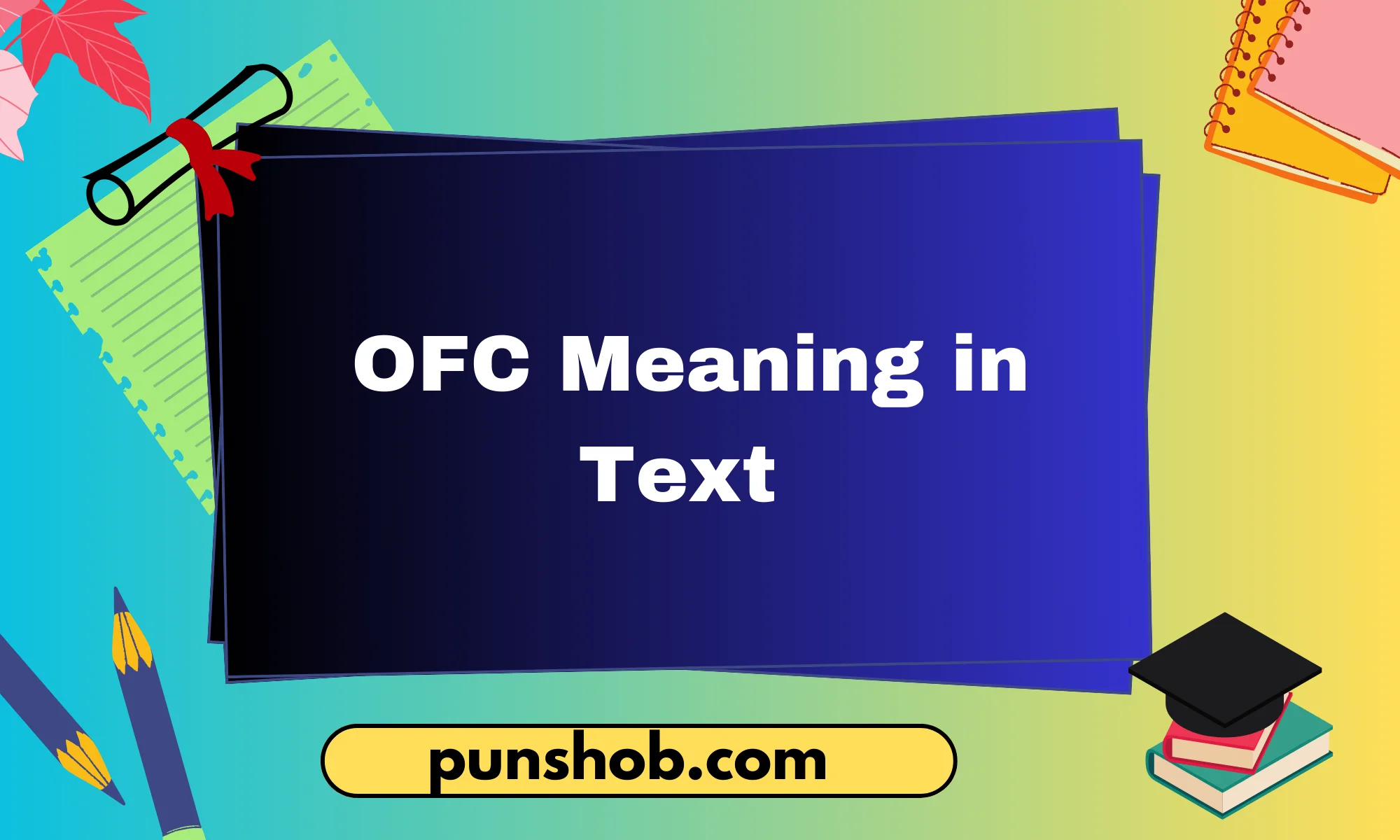
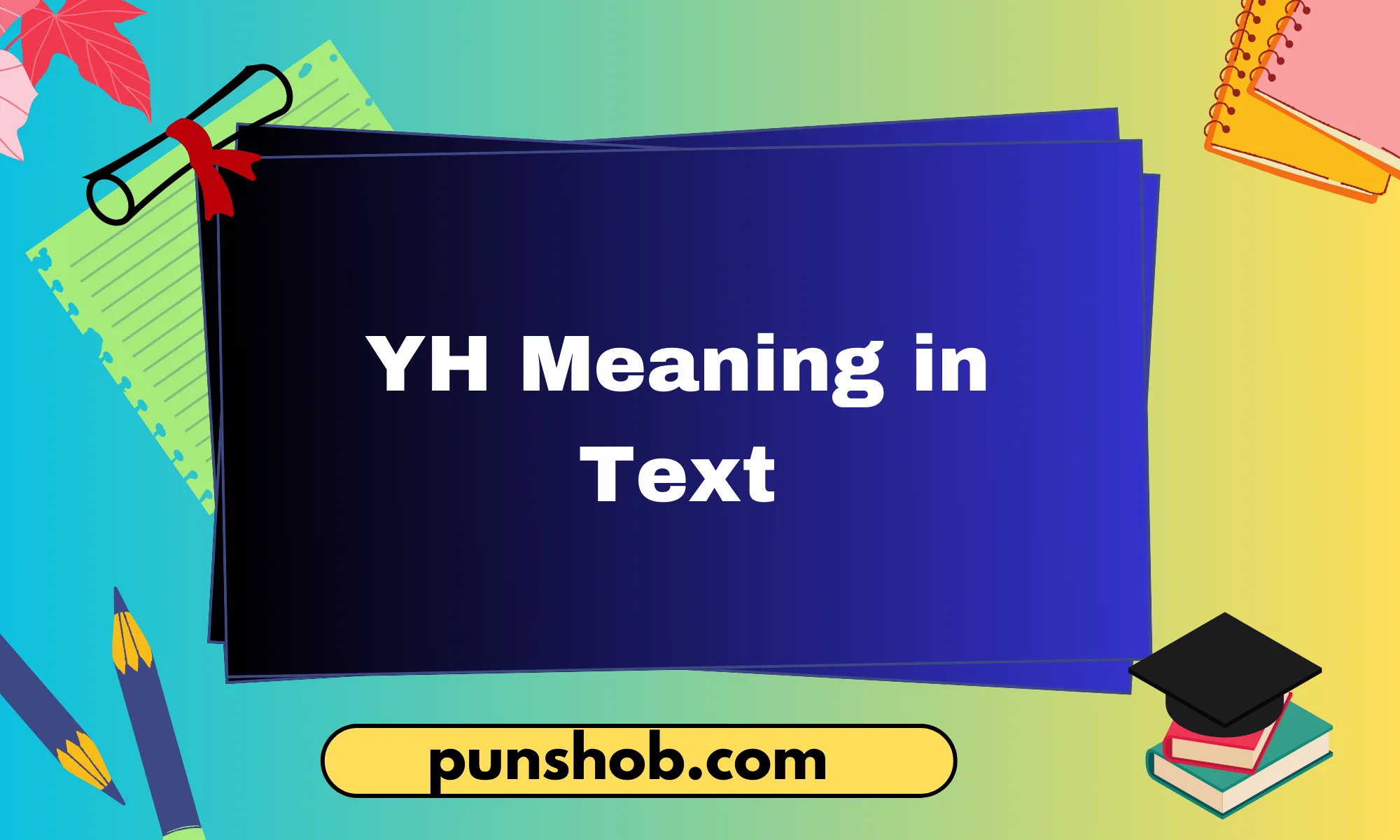
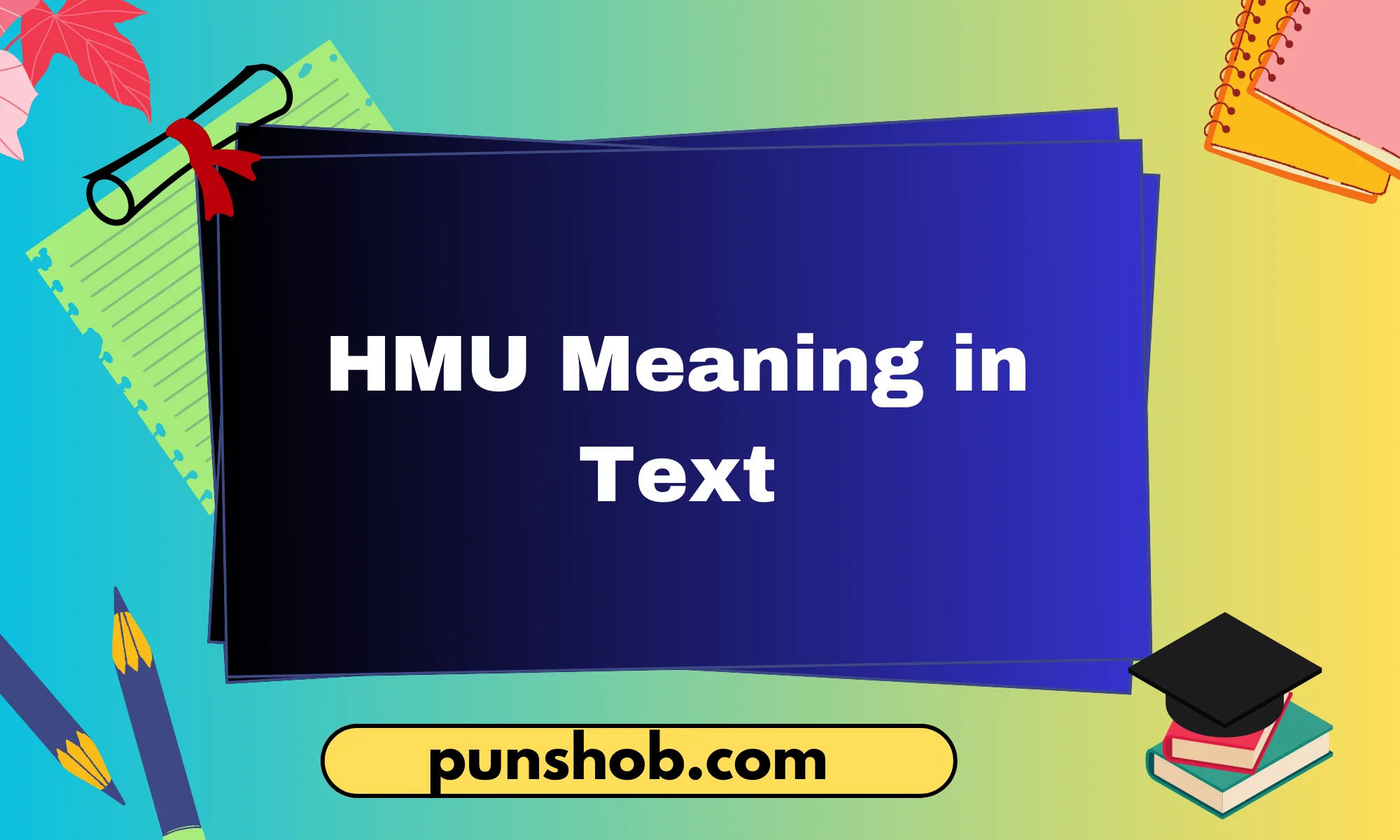
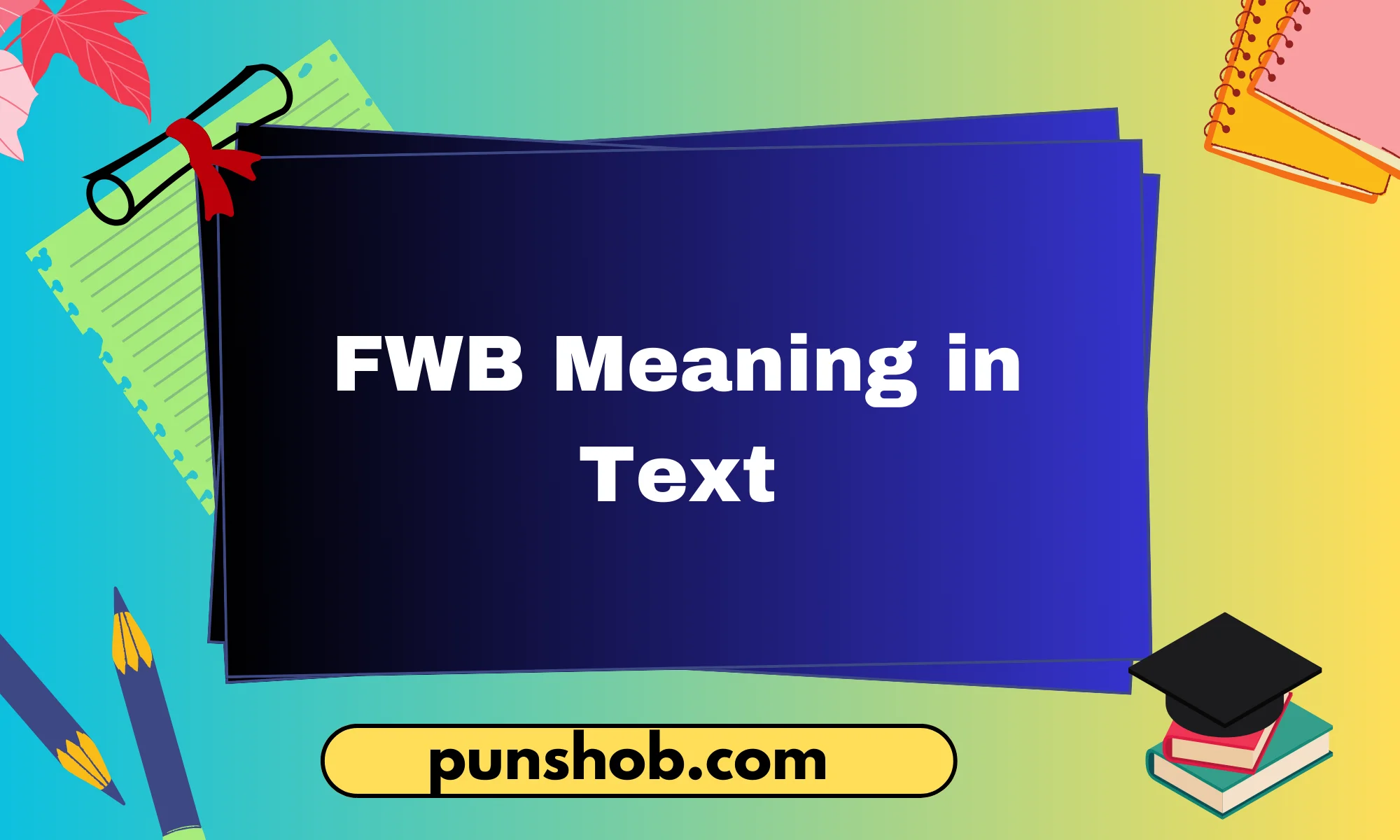
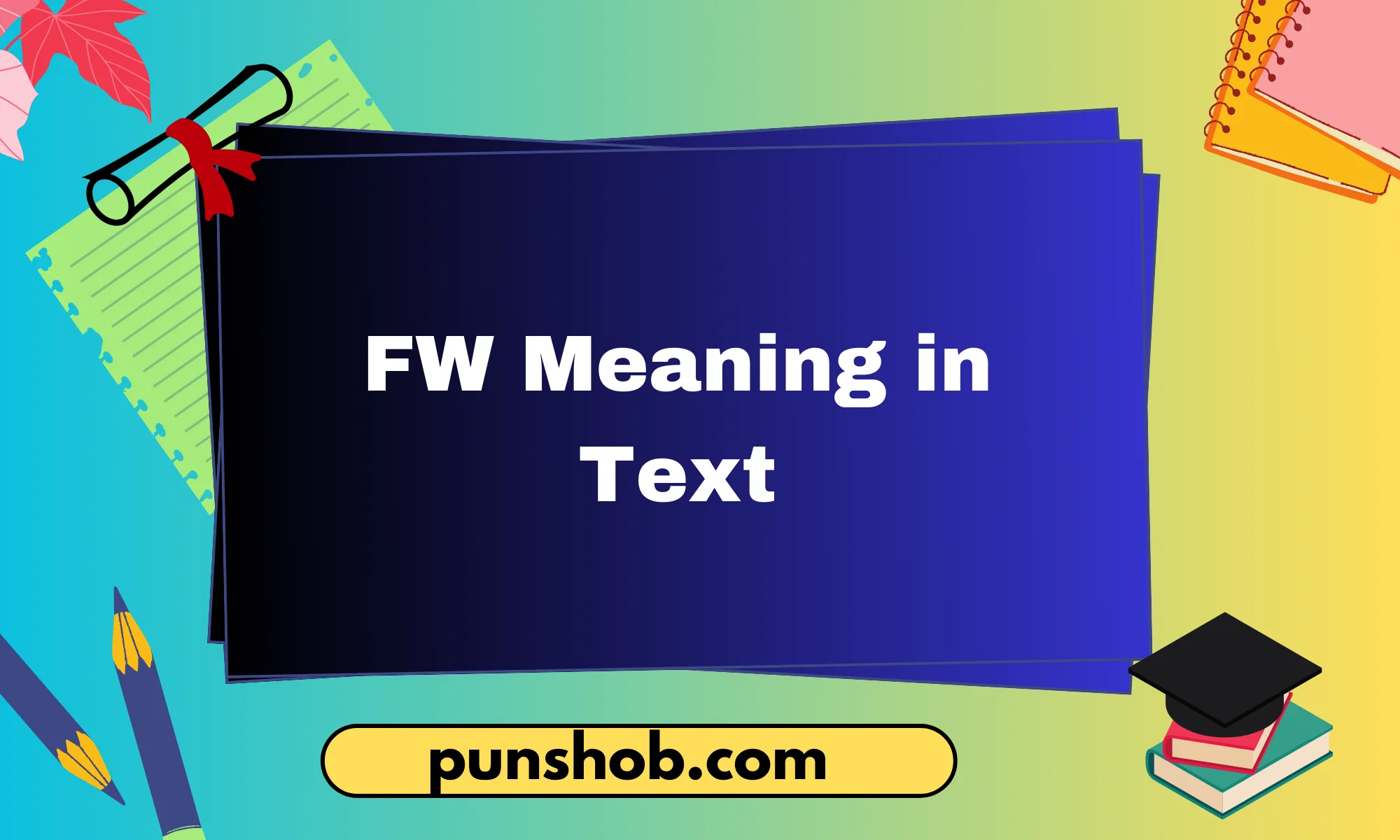
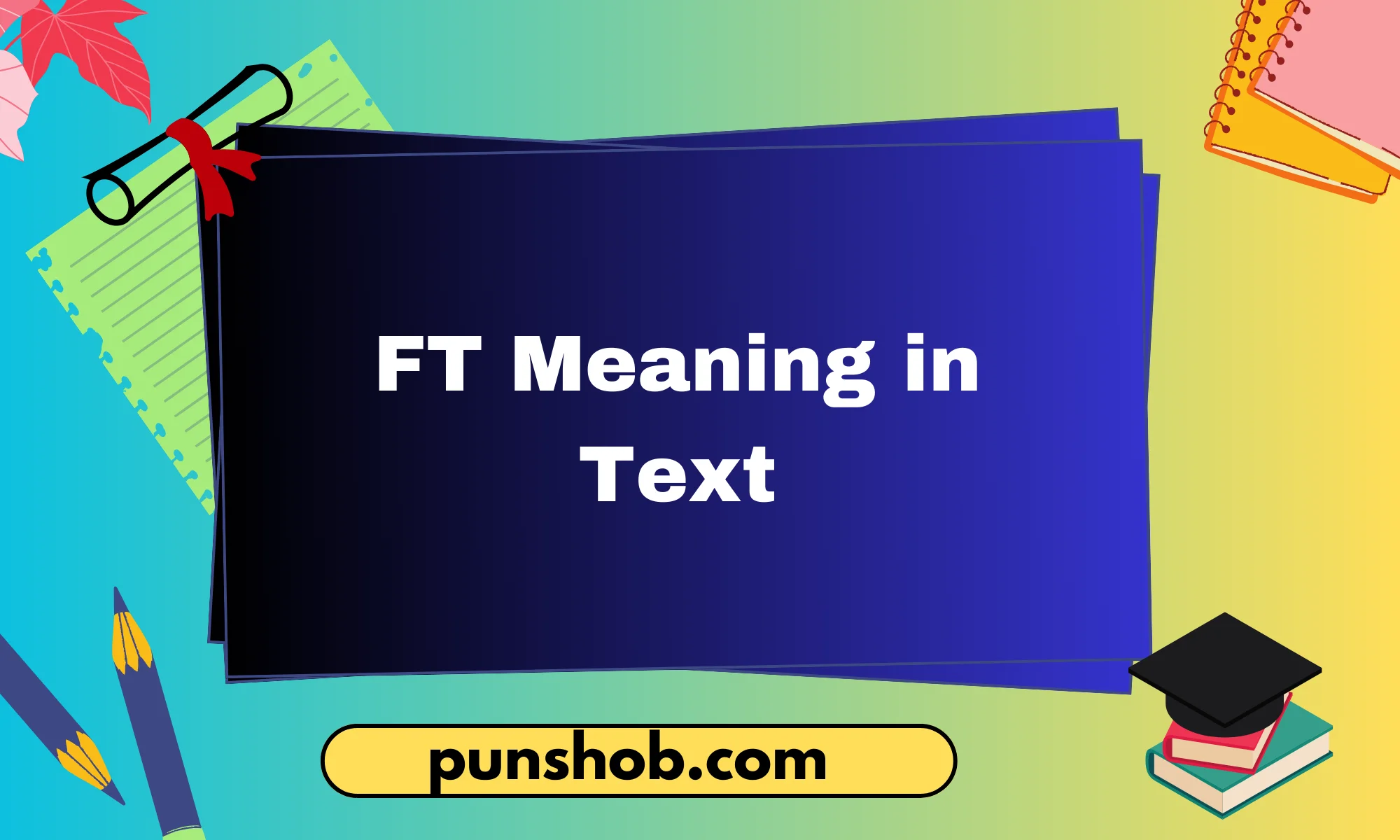
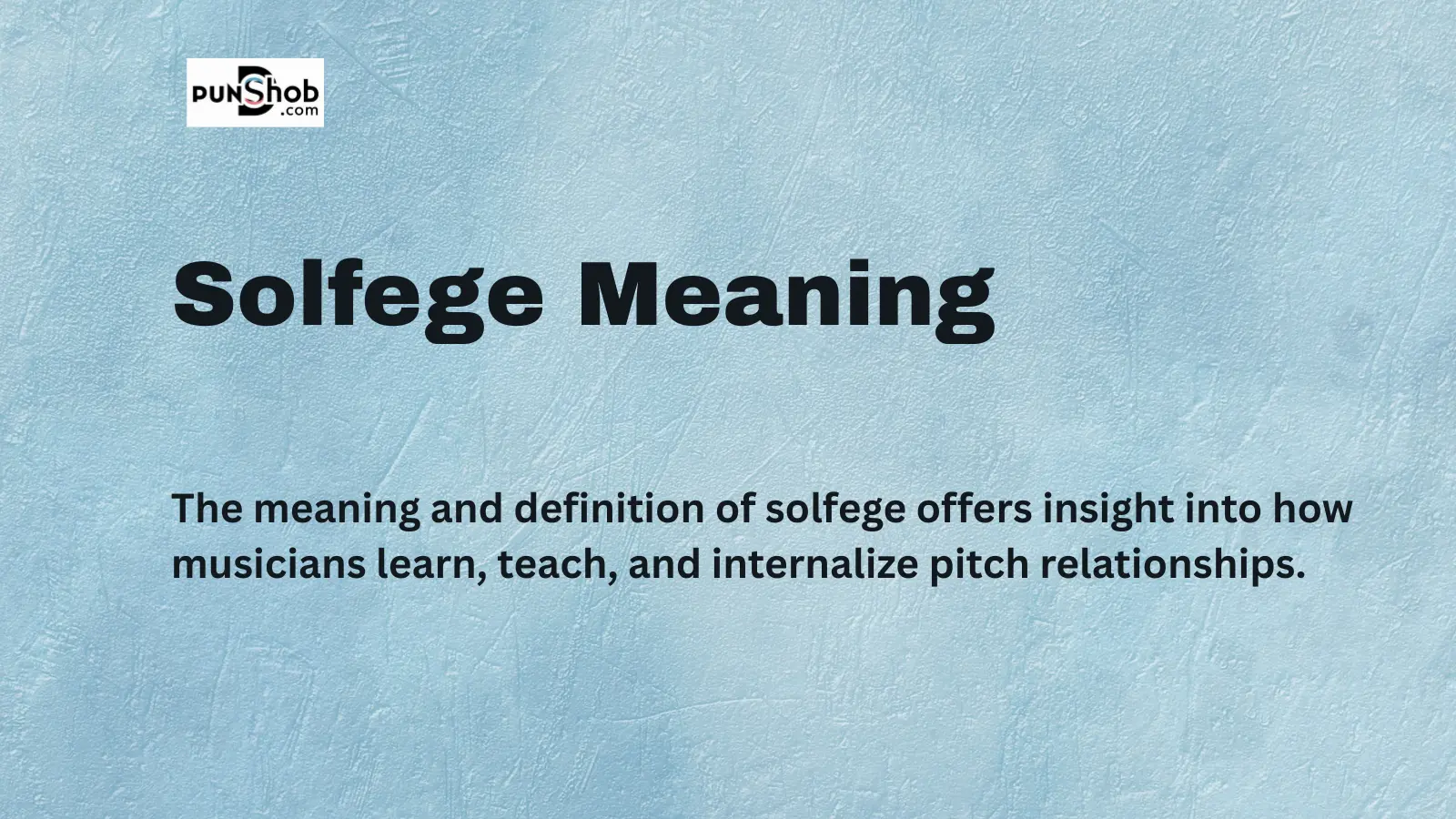

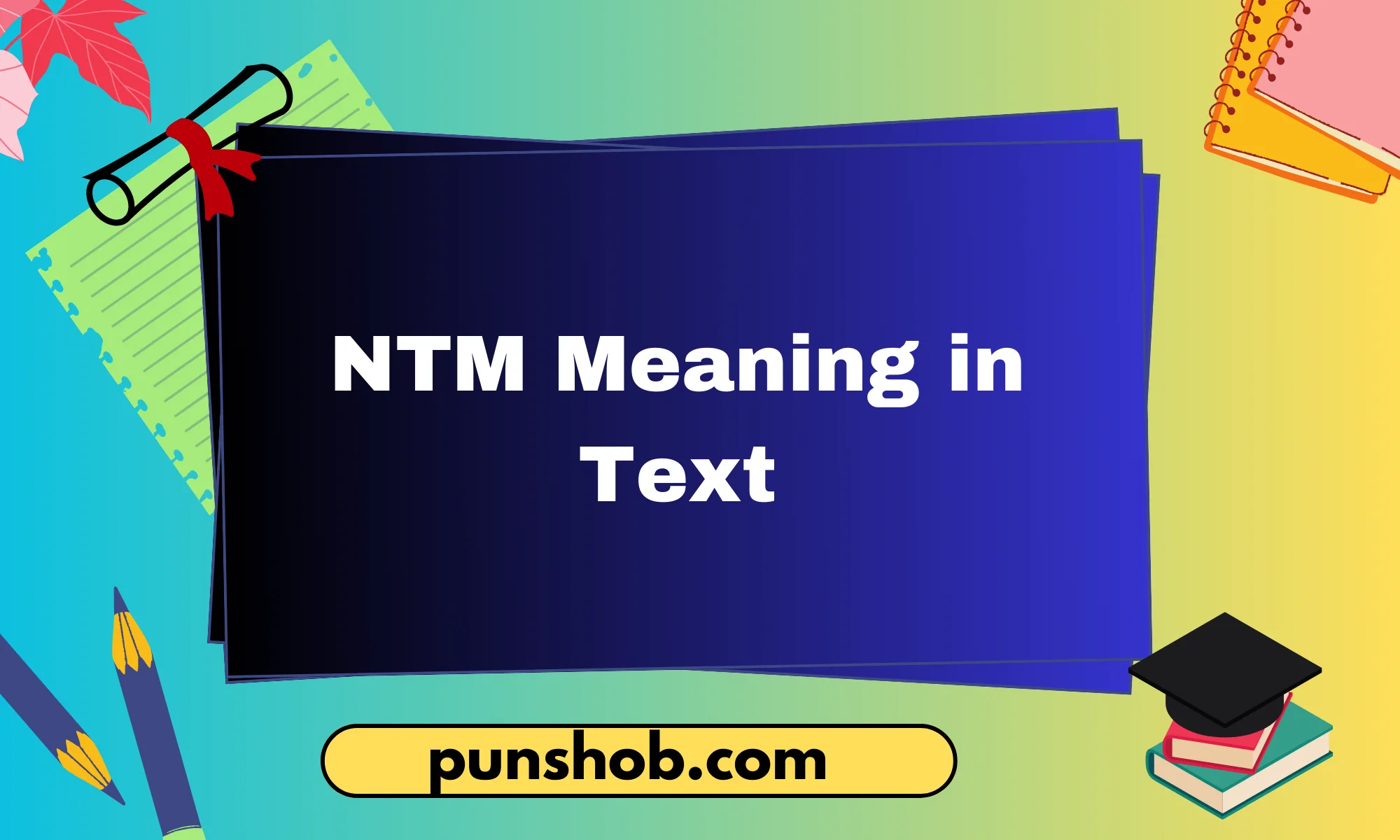
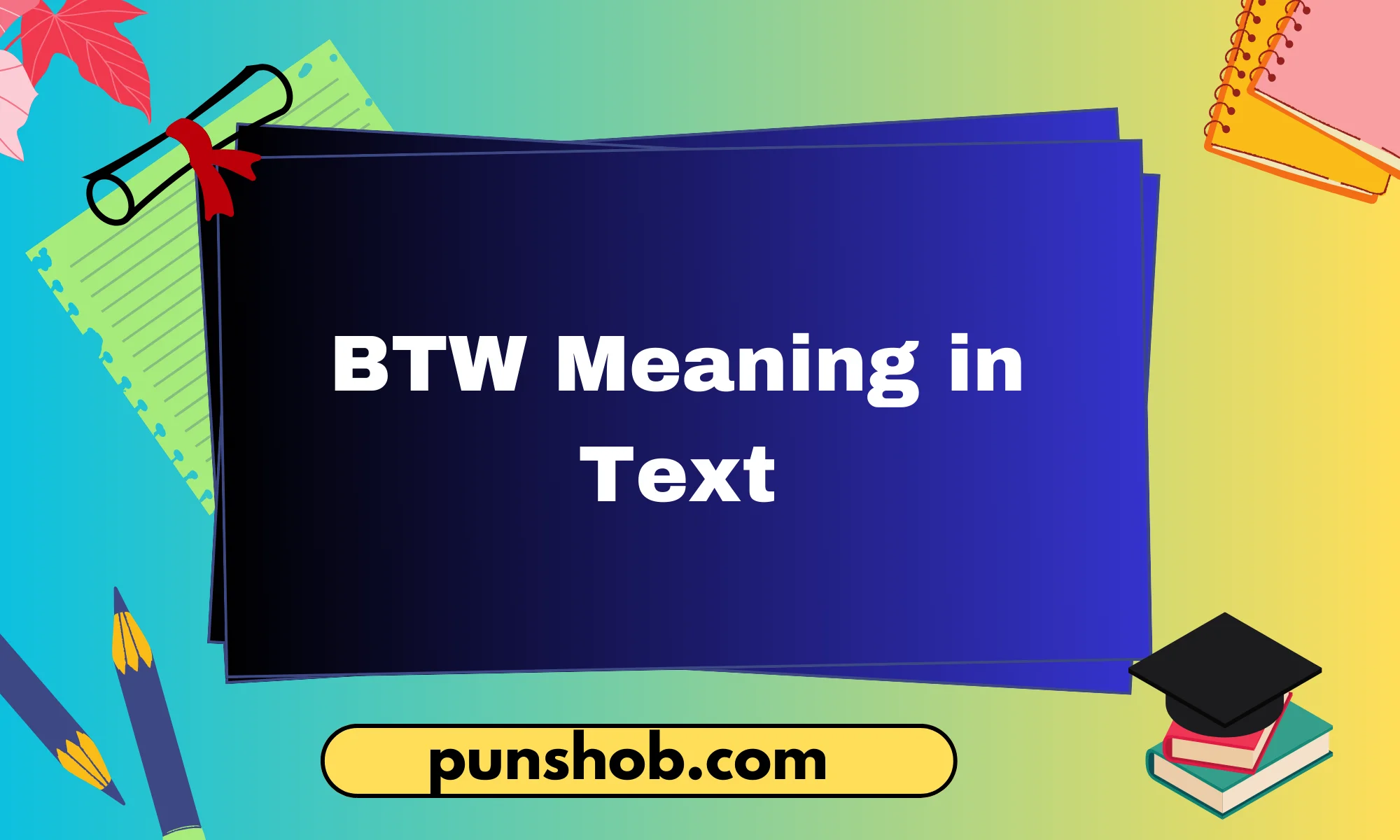
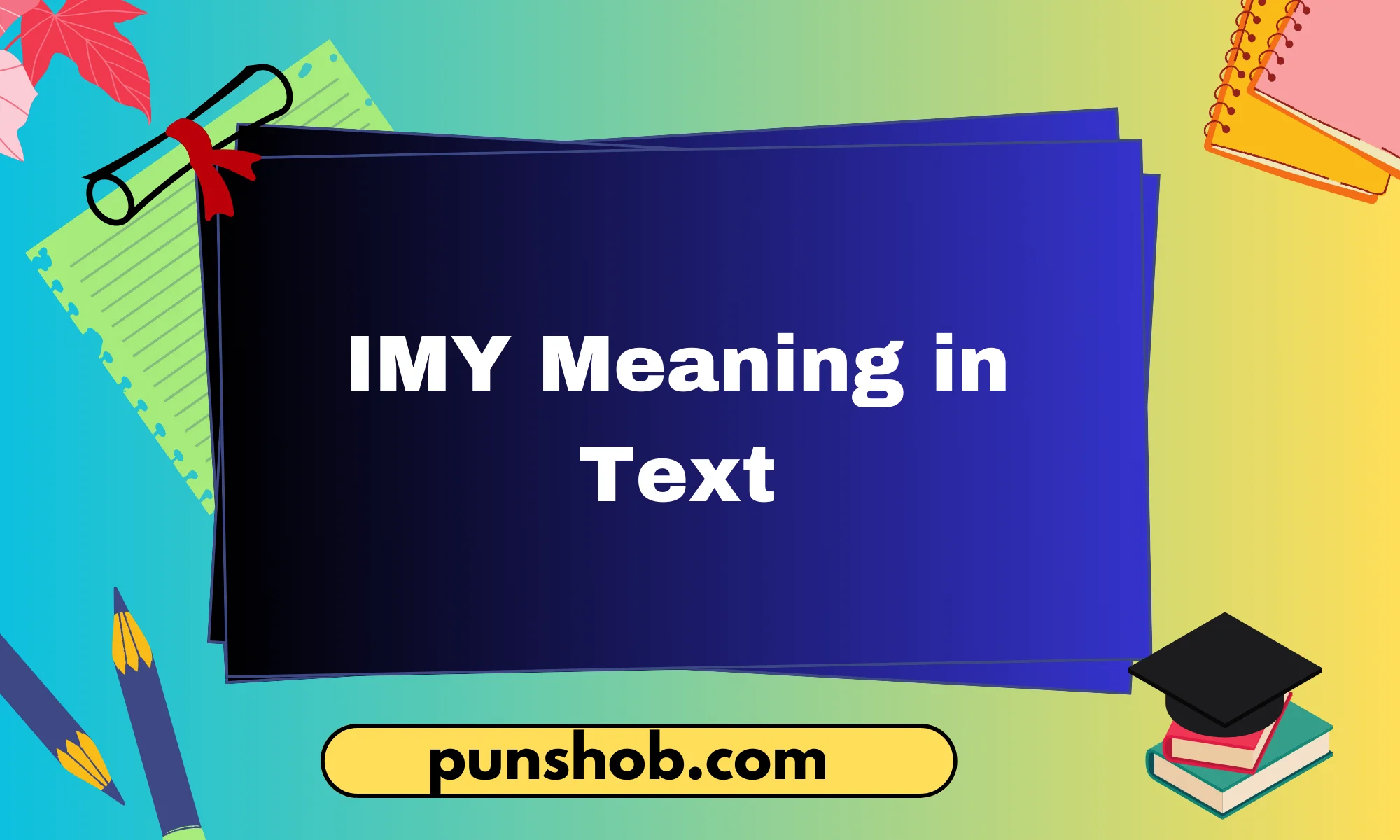
Leave a Reply